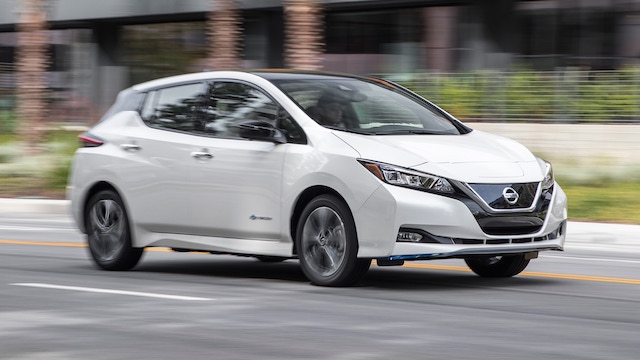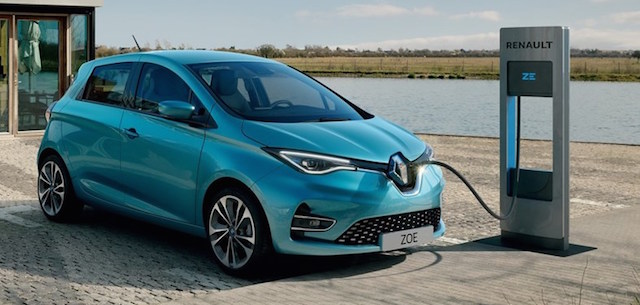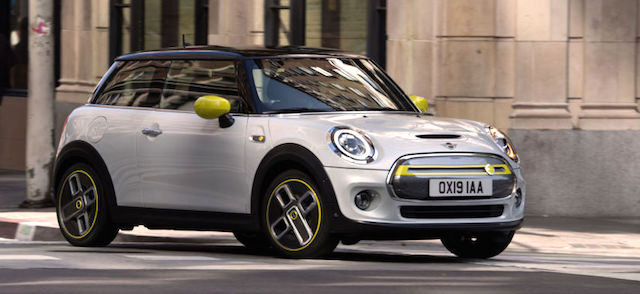
British motorists will be given NZ$12,000 to swap their petrol or diesel cars for electric ones under plans by Prime Minister Boris Johnson to revitalise the country’s flagging economy.
The plans also reportedly include a car scrappage scheme, dubbed “cash for clunkers”, aimed at further promoting the use of electric vehicles (EVs).
It would sit alongside a NZ$2 billion investment in charging points throughout the UK to make EVs a practical alternative for drivers making longer journeys.
Both fit with the Johnson Government’s commitment to ban the sale of all new petrol, diesel or hybrid cars by 2035.
Johnson is expected early next month to announce the EV incentive scheme, part of a package of initiatives to help get Britain back on its feet after the coronavirus lockdown.
The focus on EVs is aimed at helping the companies that make them stay in business. Nissan, Jaguar Land Rover (JLR) and BMW are Britain’s three biggest carmakers, and all three have EVs in their line-up.
Nissan makes 500,000 cars a year – including the Leaf EV – at its factory in Sunderland, Britain’s biggest car plant. BMW builds the electric Mini Cooper SE in Britain too. But JLR produces the IPace EV in Graz, Austria.
The future of the Nissan plant was thrown into doubt after Brexit, when its executives said it would be unsustainable without a trade deal with the EU.
But its chances of remaining a manufacturing power base were boosted when Nissan announced the closure of its plant in Spain, near Barcelona. Analysts say production of some models will now switch to Sunderland.
Such a move would also allow Nissan part-owner Renault to take up spare capacity at Sunderland in an attempt to boost its EV share of the UK market with, for example, its new Zoe EV.
In Renault’s native France, pre-existing grants to encourage take-up of EVs have been topped up from around NZ$10,500 to NZ$12,500. Buyers of plug-in hybrids get a grant of NZ$3500.
In Germany, the NZ$5500 grant for EVs has been doubled. Buyers don’t have to scrap their old cars to be eligible.
Britain introduced a scrappage scheme in 2009 after the deep recession of the Global Financial Crisis. The then government offered around NZ$4000 towards the purchase of a new car.
Eligible vehicles had to be at least 10 years old, registered in the UK, and registered to the one name for at least 12 months before being traded in. The scheme cost almost NZ$1 billion.



